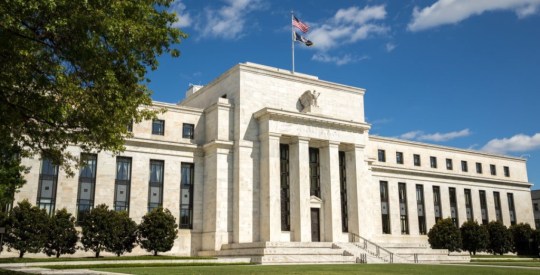Both Fannie Mae and Freddie Mac have been classified as adequately capitalized through the third quarter of 2007, according to a statement released late Thursday by the Office of Federal Housing Enterprise Oversight. Fannie Mae had a 5.9 percent surplus above the OFHEO-directed requirement, the regulator said, 30 percent above the required minimum capital for Q3 — but down from an 8.3 percent surplus in the second quarter. Freddie Mac’s surplus above the OFHEO-directed requirement was significantly lower, at just 1.7 percent. Capital adequacy suffered during the third quarter as each GSE felt pressure from what OFHEO called “credit and market-related stresses on income.” Fannie Mae reported a third quarter loss of $1.39 billion in November, and said in early December that it would cut its fourth quarter dividend by 30 percent while raising $6 billion through a preferred stock offering. Freddie Mac reported a larger quarterly loss of $2.02 billion as it absorbed write-offs of $3.6 billion in its mortgage portfolio and set aside $1.2 billion for loan losses. The GSE cut its fourth quarter dividend in half and also generated an additional $6 billion in capital via a preferred stock placement. Both GSEs face a mandatory statutory minimum capital requirement, as well as an OFHEO-mandated capital surcharge requiring that each GSE maintain capital in excess of 30 percent beyond statutory minimums. The OFHEO mandate came as the result of accounting scandals at both mortgage giants during 2004. A ‘hot button’ in GSE reform American Banker reports that the OFHEO-imposed capital requirements are one of the larger sticking points in current GSE reform efforts (subscription req’d):
Fannie and Freddie want OFHEO to remove the extra capital requirements as soon as the companies are current on their financial statements, which is expected in February. But OFHEO Director James Lockhart indicated in an interview two weeks ago that the GSEs would likely have to wait a little longer. “They haven’t resolved all their operational problems, and until they do that, especially in this market, I don’t think it would be a very safe and sound thing to do,” he said. The issue has spilled over into the legislative arena, where Fannie and Freddie are wary of signing off on a regulator with even greater power to raise minimum capital than OFHEO currently enjoys. “We remain concerned about how certain provisions of this bill could be implemented in the current turbulent market — especially the possibility of capital requirements not tied to the actual risks of our assets, and business activity regulation that constrains our ability to respond quickly to a changing marketplace,” a Freddie spokesman said in an e-mail last week.
GSE reform will likely — yet again — be at the top of the mortgage legislation agenda as 2008 begins. If past experience is any indicator of future performance, it’s also likely to remain on the legislative agenda for 2009 as well.



